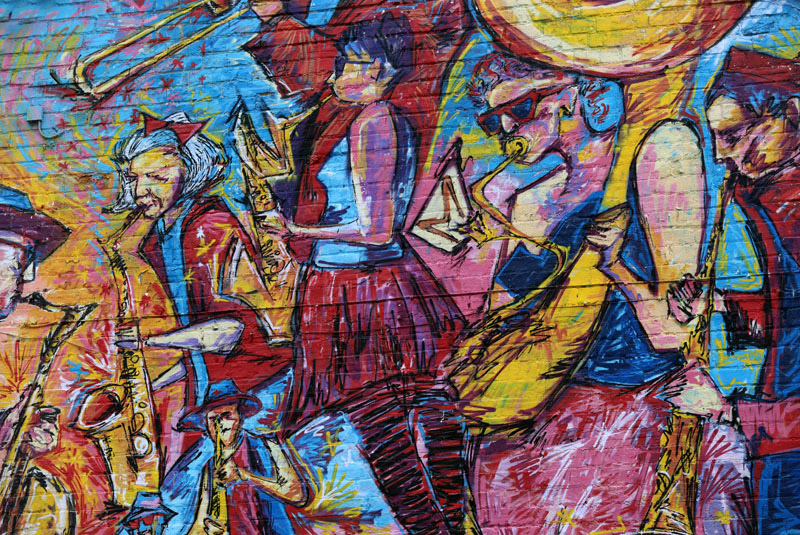“Music,” as philosopher Plato said, “gives a soul to the universe, wings to the mind, flight to the imagination, and life to everything.” It not only fills us with the purpose of the noble, or sacred; it also helps us to create a resonant milieu for philosophical reflection. It serves as a path into the spirit, while calming and healing the outer and inner surfaces of our psyche, or personality.
Our ancients placed enormous faith in the healing power of music much more than healing herbs. Picture this — the health-promoting traditions of ancient India, Greece, China, Persia and Egypt. Or, remember Iliad and Odyssey, where Homer celebrates the moment when the spread of plague is halted by sacred hymns and Odysseus’ wounded knees are alleviated by the ‘chanting of lays.’
The celestial expression of sound, the crux of music, has been paralleled with light for aeons. However, one central facet remains: our spirit is fashioned not by light, but by sound. Hence, the antique expression, “In the beginning was the word” — or, sound in the form of divine language. Divine sound, as you know, is the origin of all manifestation — a marvellous power. Great seers and musicians have always validated that sound is god’s clout — in other words, Náda Brahma, the divine resonance that echoes through the cosmos.
This also illuminates why we have, by tradition, been taught that sound is god, what with music being the spiritual discipline that nurtures one’s inner self to divine bliss. The power of sound, also mantra — such as Om, for example, has been given a special pride of place in everyday life. The word, Om, exemplifies our profound divine spiritual strength.
-30-
Copyright©Madras Courier, All Rights Reserved. You may share using our article tools. Please don't cut articles from madrascourier.com and redistribute by email, post to the web, mobile phone or social media.Please send in your feed back and comments to [email protected]











